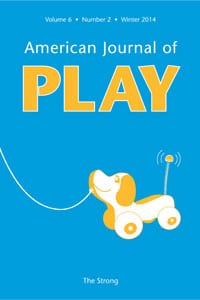Storytelling, Story Acting, and Literacy in the Boston Public Schools: An Interview with Jason Sachs, Ben Mardell, and Marina Boni
Jason Sachs is Director of Early Childhood Education for Boston Public Schools, where he oversees preschool and kindergarten programs across the district. A graduate of the Harvard Graduate School of Education, he worked previously in the Massachusetts Department of Education’s Division of Early Learning Services and has served on the Governing Board of the National Association for the Education of Young Children (NAEYC). Ben Mardell is Professor in the Graduate School of Education at Lesley University, where his concentrations include early-childhood education and Reggio Emilia–inspired teaching. His publications include From Basketball to the Beatles: In Search of Compelling Early Childhood Curriculum. Marina Boni is Early Childhood Mentor in the Boston Public Schools. Previously she taught for nineteen years at the Cambridgeport Children’s Center, which follows a Reggio Emilia–inspired teaching philosophy. Here Sachs, Mardell, and Boni discuss the Boston Public Schools’ Boston Listens Program—informed principally by Vivian Paley’s work on storytelling and learning—and how teachers in the program use storytelling and story acting to promote language and literacy in young children. Key words: Boston Public Schools; language; literacy; story acting; storytelling; Vivian Paley





